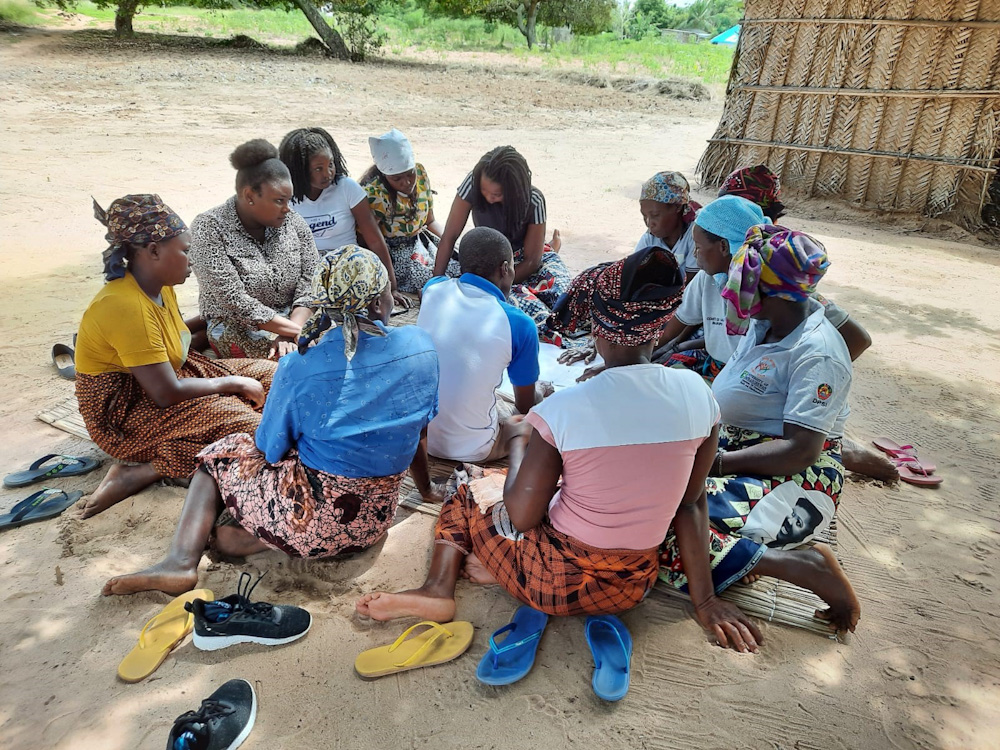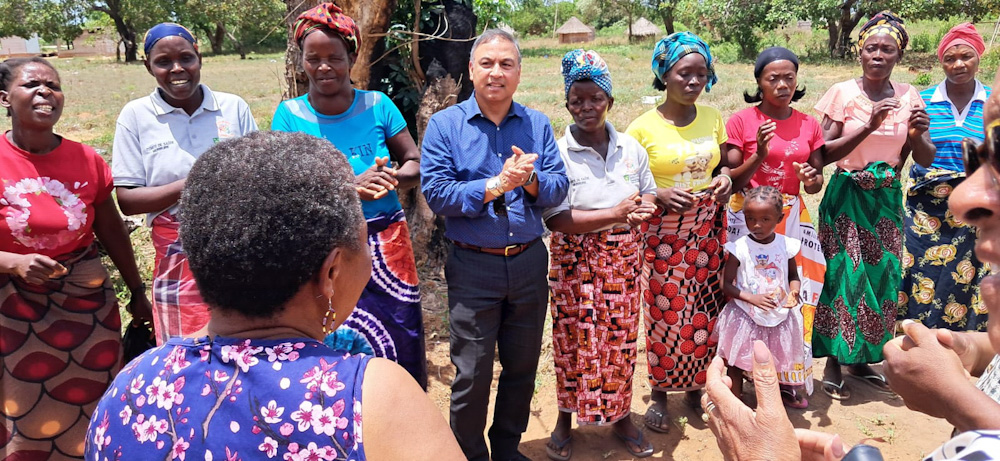
USask leads $20 million community-centred reproductive health and rights project in Mozambique
Health-care researchers from USask are working on a massive international development project to improve the sexual and reproductive health and rights of girls and young women in Mozambique.
By Debra HaubrichThis project seeks to establish model communities of care in Inhambane Province of Mozambique by incorporating innovative interventions at the community and health system levels. These community and adolescent/young-women-centred health service sites will serve as examples, showcasing improved outcomes that can be scaled up across other communities.
The project, which recently received $20 million from the Government of Canada, will provide information and training as well as opportunities for young people to participate in income-generating initiatives that give them the economic resources required to support better decision making. The project will also improve infrastructure and human resources in the health system, focusing on strengthened gender-sensitive community health support that encompasses accessible sexual, reproductive health and rights services.
Dr. Nazeem Muhajarine (PhD), a professor in Community Health and Epidemiology in the College of Medicine and the director of the Saskatchewan Population Health and Evaluation Research Unit, is spearheading the project. He says it will comprehensively incorporate innovative solutions to support the rights and health of women and young girls across six districts and 30 partner communities in the Inhambane Province.
Muhajarine was in Mozambique when the funding was officially announced. “The announcement came with a sense of relief, and also a deep sense of gratitude for the work we have done and the partners we have worked with,” he said. “We felt that we were doing the right thing, and that it has been acknowledged [by the Government of Canada].”
Dr. Baljit Singh (PhD), vice-president research, USask, echoes this. “It is gratifying to see the support and recognition for Dr. Muhajarine and his team as they work with our international partners to support this groundbreaking work in improving equity and health of women and young girls in Mozambique,” he said. “USask researchers are embodying what it takes to be the university the world needs in health-care research.”
USask began partnering with Mozambique to do this work in 2017 as part of the Mozambique-Canada Maternal Health Project. It was addressing high rates of maternal mortality in sub-Saharan Africa through the empowerment of women. The Maternal Health Project ended on June 30, 2024, but USask’s presence in Inhambane Province continued when the Sexual and Reproductive Health for Young Women project was launched in July 2024.
In partnership with the Inhambane Provincial Health Directorate in Mozambique, the new project builds on and deepens the work of improving sexual, reproductive, maternal and newborn health while focusing on sexual and reproductive health and rights for young women.
“We had great success with the last project, so it is no surprise that we were asked to stay on and continue this work, now with an even greater focus on elevating the sexual and health and rights of young women and girls,” said Dr. Muhajarine.
In a recent visit to Mozambique, Muhajarine and the team leaders met with local community leaders, elders, health directors, youth leaders and school directors, who all emphasized their readiness to partner with the project team. They were taken to the sites where new community-based primary health care centres will be built.
Muhajarine credits the team’s dedication and skills for the project’s success. He stresses that the team has a diverse range of knowledge, experience and abilities in continuing education, maternal and reproductive health, community engagement and development, construction of health facilities, health system training and management and management of microprojects. Their commitment to the values of the project builds trust and positive relationships with both institutional and community partners, which has proven to be a key success factor.

